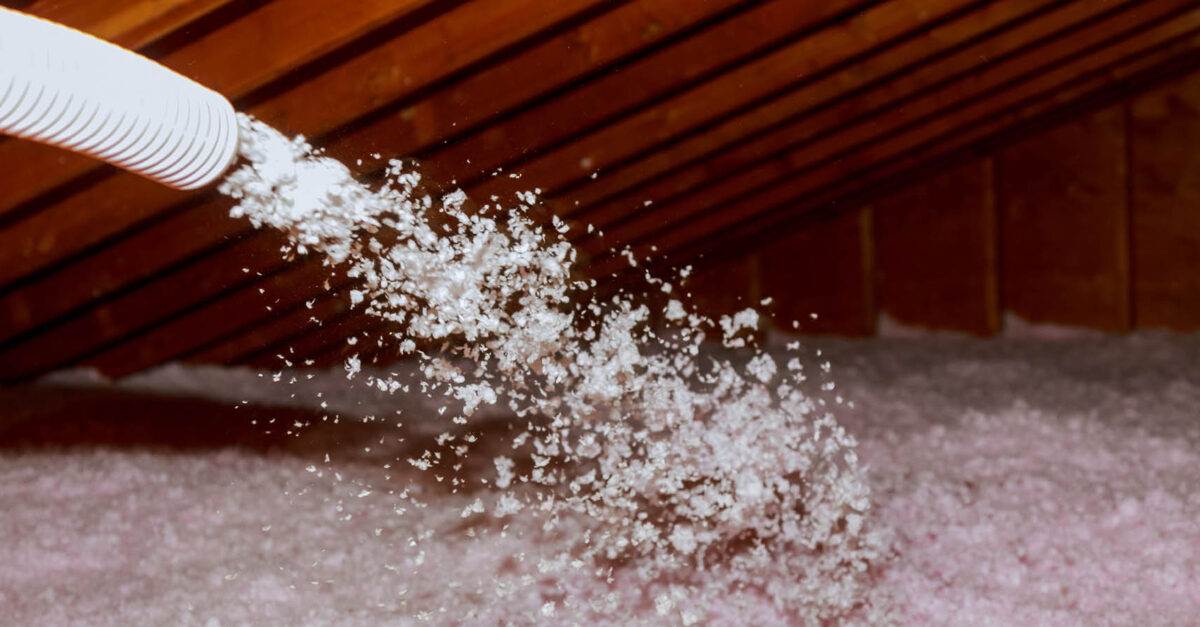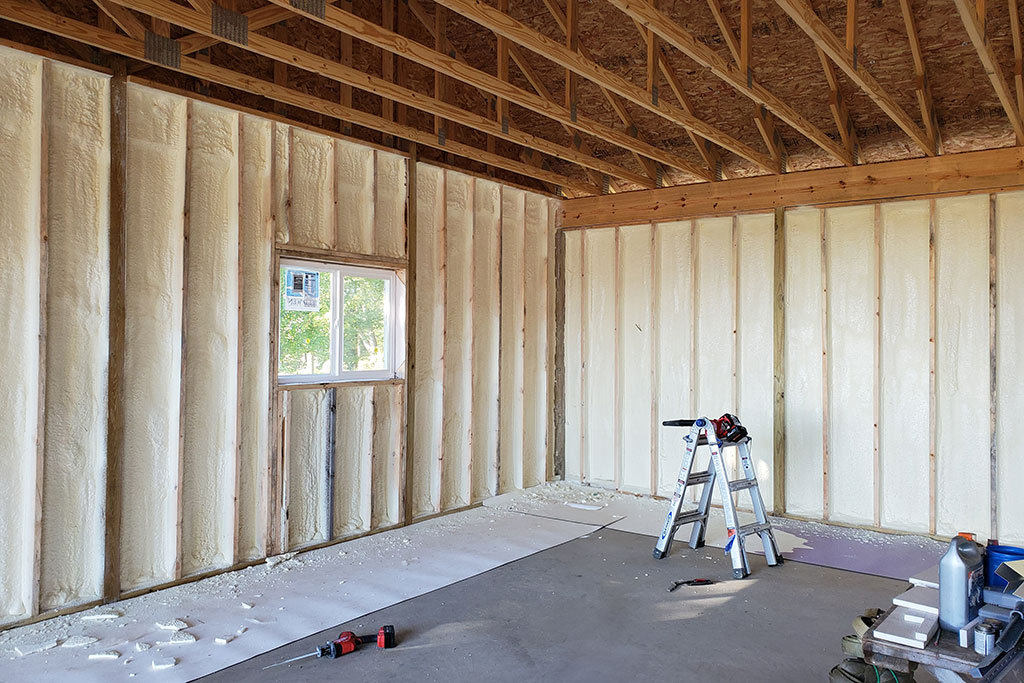A Well-Insulated Home

Lifestyle
Lifestyle Creating a comfortable, energy-efficient, and healthy living space requires installing proper insulation.
This guide explores its importance and walks you through the key initial steps of adding it to your home.

What are the benefits of insulation?
In addition to moderating the temperature in your home, insulation provides various upsides—some of which may be unexpected.
Reduces energy costs
Proper insulation helps lessen the amount of hot or cold air that seeps into your attic, basement, or crawl space, which ultimately helps to make your home more energy efficient.
Helps conserve water
Insulating your pipes can raise the temperature of running water by 2 to 4 degrees. This, in effect, reduces heating time, conserving energy and water in the process.
Acts as a sound barrier
Effective insulation can help absorb noises from appliances and electronics, which are transmitted through your walls and floors.
Provides moisture control
Inadequate insulation can cause moisture from cooking and bathing to accumulate within walls, which can lead to mold and mildew growth. Conversely, well-insulated homes are less prone to moisture problems, resulting in better air quality and a healthier living environment.
Getting started
Here are the key factors to consider when determining your home’s insulation needs:
- The best type will largely depend on two factors, the first being where you want to add it. Examples include roll insulation for attic joists, batting for crawl spaces and walls, and spray foam for basements, pipes, wires, and window frames.
- In addition, your local climate will impact the insulation thickness (R-value) you’ll need—the higher the R-value, the more protection you’ll have against heat entering or leaving your home. For example, the highest R-values are generally recommended for attics, basements, and crawl spaces in northernmost states.
Instead of reaching for your thermostat, evaluate how well-insulated your home is and make improvements as needed. Consider consulting a professional for more complex tasks like adding blown-in insulation, which may be required for certain types of attics or uninsulated rooms.
Lifestyle 25 Views
You may also like:
Discover more from Tamfis Nigeria Lmited
Subscribe to get the latest posts sent to your email.



 Hot Deals
Hot Deals Shopfinish
Shopfinish Shop
Shop Appliances
Appliances Babies & Kids
Babies & Kids Best Selling
Best Selling Books
Books Consumer Electronics
Consumer Electronics Furniture
Furniture Home & Kitchen
Home & Kitchen Jewelry
Jewelry Luxury & Beauty
Luxury & Beauty Shoes
Shoes Training & Certifications
Training & Certifications Wears & Clothings
Wears & Clothings
















